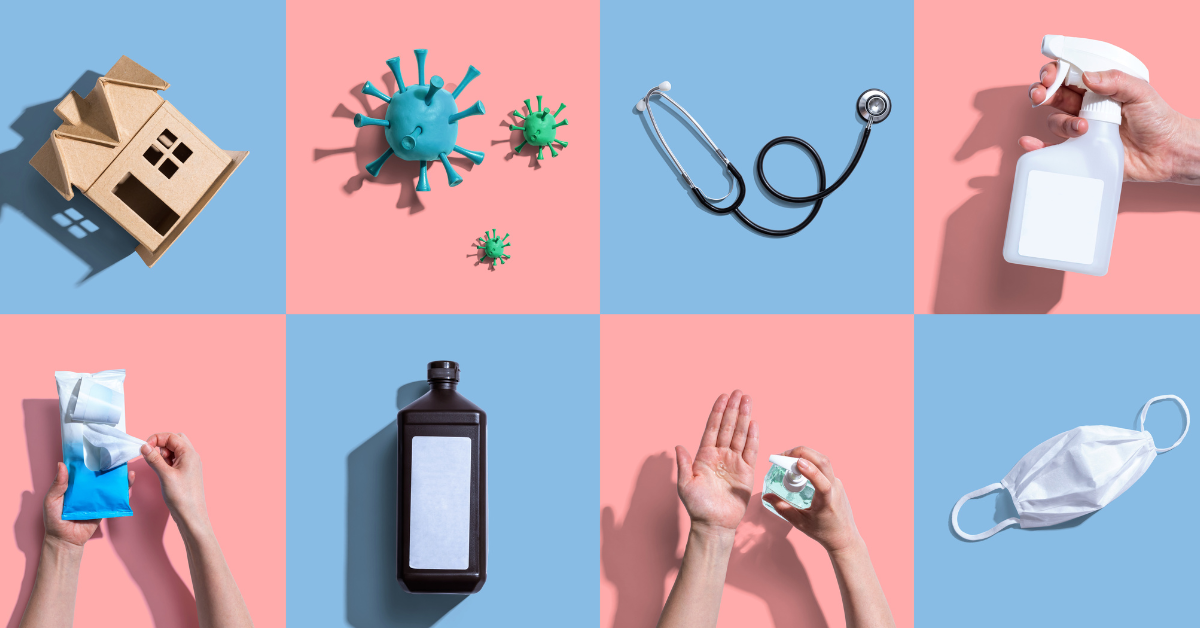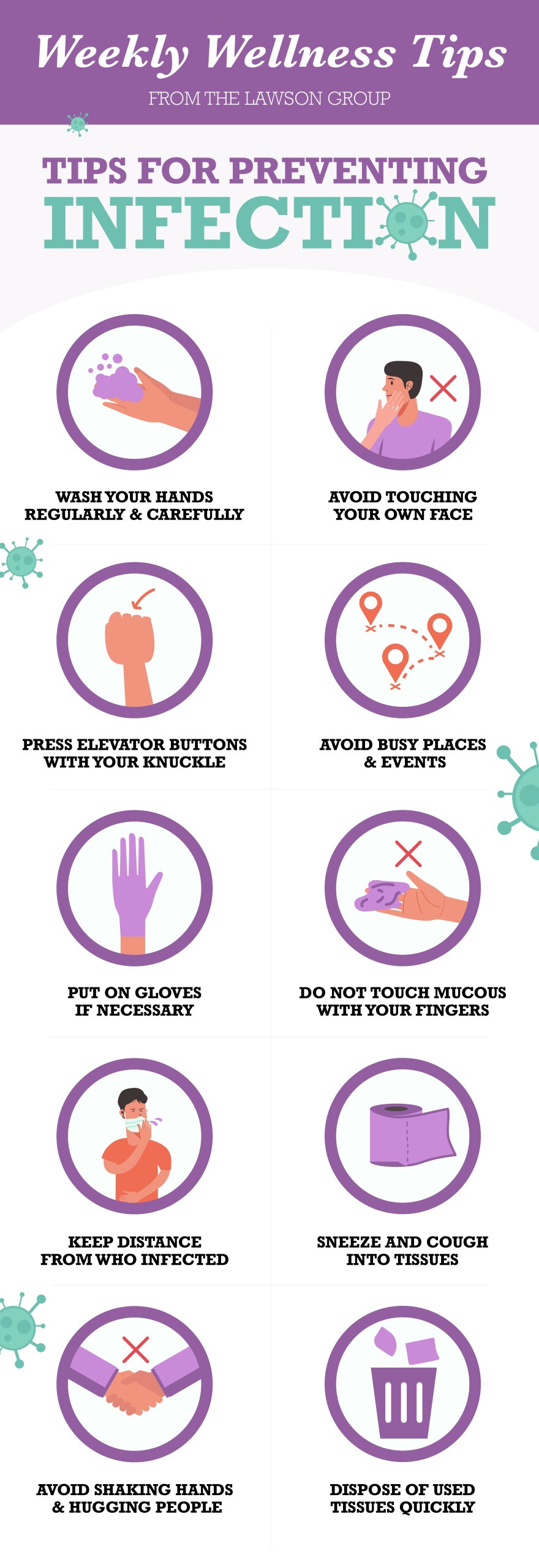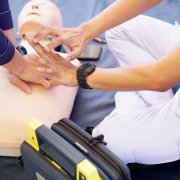
It may seem a daunting task to keep yourself and your loved ones free of infections. Beyond the obvious—steering clear of runny noses and hacking coughs—you may be wondering about some other practical ways of staying infection-free.
For a printer-friendly version of this article, click here.
Wash Your Hands Frequently
Germs can live on surfaces anywhere from a few minutes to several months. The CDC recommends washing thoroughly and vigorously with soap and water for at least 20 seconds, followed by hand-drying with a paper towel.
Don’t Share Personal Items
Toothbrushes, towels, razors, handkerchiefs, and nail clippers can all be sources of infectious agents (bacteria, viruses, and fungi).

Cover Your Mouth When You Cough or Sneeze
Why is this important if you aren’t sick? For most infections, the disease-causing microbe has already started growing and dividing long before any symptoms begin to show. The current recommendation is to cover your mouth with your arm, sleeve, or crook of the elbow, rather than using your hands.
Get Vaccinated
Your immune system is designed to have a “memory” of previous infections. By getting vaccinated, you “trick” your body into thinking that it has been infected by a particular microbe, hence enhancing its own defenses against subsequent infection.
Use Safe Cooking Practices
Food-borne illnesses frequently arise from poor food preparation and dining habits. Microbes thrive on virtually all food items, and more so on foods left at room temperature.
Exercise Caution with Animals
Infections that can spread from animals to people are called “zoonotic diseases” and are more common than most people realize. If you have pets, make sure they get regular check-ups and that their vaccinations are up-to-date. Teach family members to be cautious when encountering wild animals.








